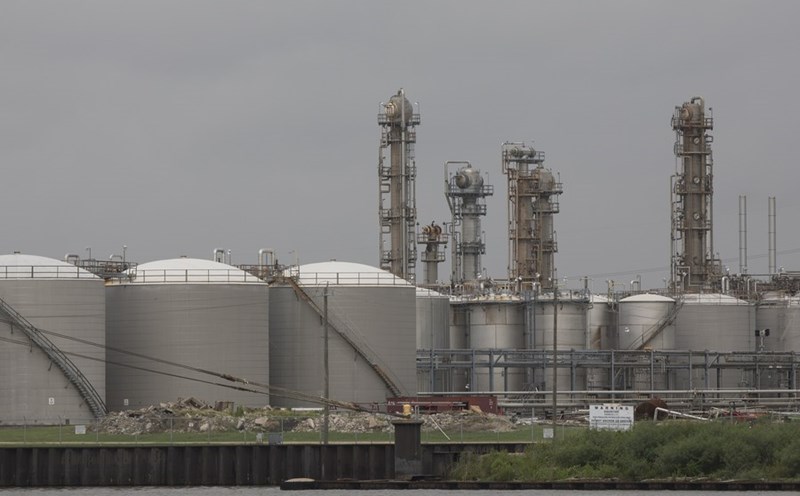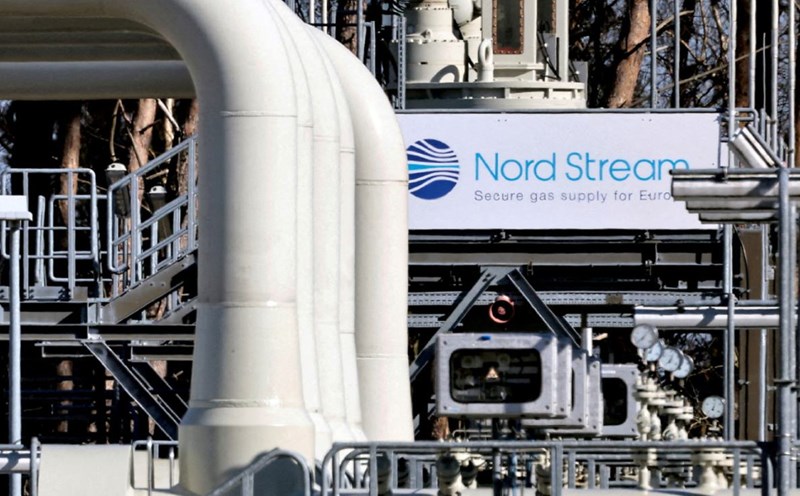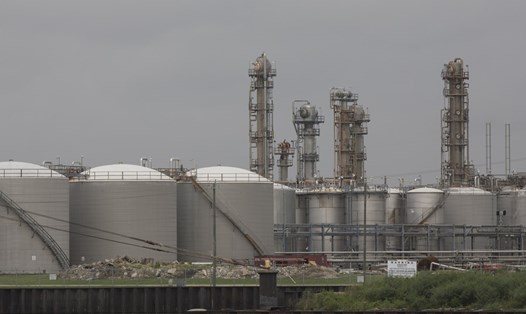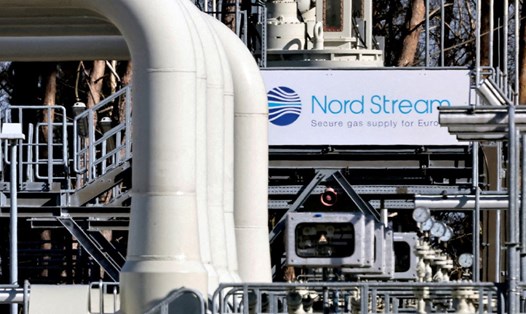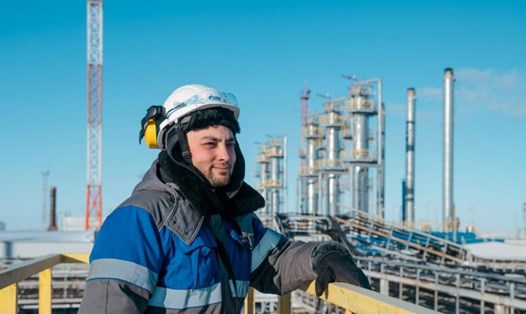In the context of the EU continuing to tighten sanctions on Russian oil and gas due to the conflict in Ukraine, Hungary and Slovakia are choosing another path.
TASS reported that at a press conference after a working session with Slovakian Prime Minister Robert Fico on April 28, Hungarian Prime Minister Viktor Orban affirmed that these two Central European countries will continue to import gas and oil from Russia, and will propose to the European Union (EU) to extend the embargo on Russian oil sources via the Druzhba pipeline.
We have agreed that the embargo exemption should be maintained for Russian oil flowing through the Druzhba pipeline system, Mr. Orban said. At the same time, the capacity of the gas pipeline between the two countries has also been increased by 900 million m3 per year, after increasing by 1.5 billion m3 before.
Currently, Slovakia receives Russian gas indirectly via Hungary, as Ukraine has stopped transiting Russian gas on its territory since January 1, 2025. According to Mr. Orban, the current route is the TurkStream gas pipeline passing through Bulgaria and Serbia, then continuing to Hungary before going to Slovakia.
Not only that, the Hungarian Prime Minister also criticized Kiev's decision. Ukraines suspension of gas transit does not bring the country closer to the EU. To get closer to the EU, they must demonstrate understanding and respect for the economic interests of neighboring countries like us, said the Hungarian Prime Minister.
This statement shows the increasingly tough stance of Budapest and Bratislava in putting national energy interests above the EU's general political decisions.
For the two countries that are not bordering the sea and rely heavily on imported energy sources, maintaining the flow of gas and oil is a "survival".
This move could challenge the EU's unity in its sanctions policy against Russia. Although the EU has previously granted a temporary exemption to some member states that are heavily dependent on Russian oil via pipeline, Hungary and Slovakia's desire to extend or expand this exemption goes against the trend of ending dependence on Russian energy pursued by the EU.
As winter approaches, the pressure on EU member states with large dependent energy systems such as Slovakia and Hungary becomes even more obvious.
It seems that Budapest and Bratislava are sending a strong message to Brussels - that practical economic benefits will be the guiding principle in foreign and energy decisions - even though that means "breaking the fence".


